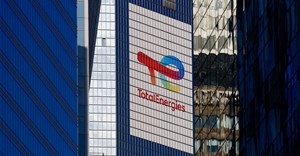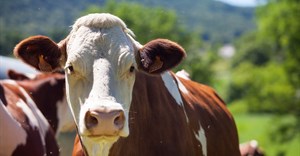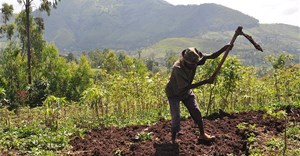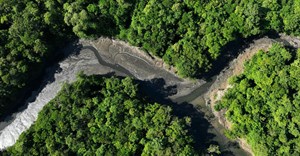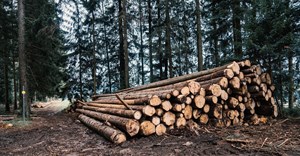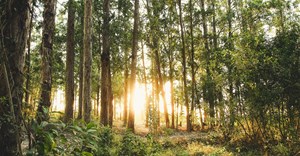Trending



 At least one fatality in George construction site collapseBhargav Acharya and Tannur Anders
At least one fatality in George construction site collapseBhargav Acharya and Tannur Anders

Elections 2024
Jobs
- Energize - Deputy Editor Johannesburg
- Sales Executive Johannesburg
- Technical Energy Journalist - Freelance Johannesburg
Madagascar: How to futureproof energy projects in face of political uncertainty
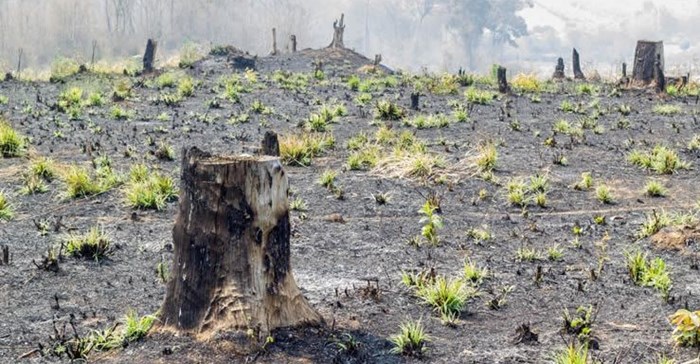
Currently, 92% of the Malagasy population live below the poverty line, and only 15% of the population has access to electricity.
In addition, there are infrastructural problems, the country had only 570MW of mainly thermal (60%) and hydroelectric (40%) installed production capacity, of which only 60% is truly available owing to poor maintenance of power plants.
All of which undermine the country’s socioeconomic development. Martin Randrianoely, secretary general in Madagascar’s Ministry of Energy and Hydrocarbons told Energy Week: South Africa that Madagascar is looking to implement public private partnerships to develop the country’s energy sector. However, there is an issue in securing financing. The challenge is the cycles of violence linked to the political situation that plague the country at regular intervals. “The consequence is that international institutions have stopped financing projects,” he said.
“The new policy provides a legal framework and financing structure to preserve the continuity of projects when there is a change in government,” Randrianoely said.
Gas sector
Madagascar’s liquefied natural gas production doubled between 2010-2017, from 7,022 to 13,406tcf. However, there is no strategy for gas in the national policy, Randrianoely said. There is only one operator, Vitogaz, but more than one distributor (Vitogaz, Galana, Total and Mocoh).
“Gas is mostly used for energy and mining, which makes up 30% of the national market. Most of the energy production in Madagascar comes from wood, the collection of which is largely illegal and has leads to deforestation with its relating climate change issues. Therefore gas is a good alternative for the country’s energy needs,” he said.






